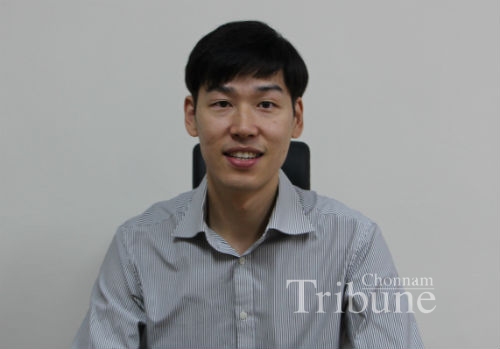
On October 6, 2017, the International Campaign to Abolish Nuclear Weapons (ICAN) received the Nobel Peace Prize for 2017. ICAN is a global coalition of nongovernmental organizations that was launched in 2007 and counts as partners 468 organizations in 101 countries. Recently, ICAN promoted adherence to and full implementation of the Treaty on the Prohibition of Nuclear Weapons. The Nobel Committee awarded the prize to ICAN “for its work to draw attention to the catastrophic humanitarian consequences of any use of nuclear weapons and for its ground-breaking efforts to achieve a treaty-based prohibition of such weapons.” Beatrice Fihn, the director of ICAN, urged both Donald Trump and Jong-un Kim to stop nuclear threats as well as for it to be illegal to possess and develop nuclear weapons.
However, nations with nuclear weapons might be reluctant to accept ICAN’s Nobel Peace Prize; for instance, the United States has expressed disapproval of the ban on nuclear weapons, and China has not offered any detailed comment. The Treaty on the Prohibition of Nuclear Weapons, which was passed on 7 July 2017, prohibits the development, testing, production, stockpiling, stationing, transfer, use and threat of use of nuclear weapons. In the vote on the treaty text, 122 voted in favor of it, but 69 nations did not vote, among them all of the nuclear weapon states. In particular, Japan voted against the Treaty due to various unavoidable circumstances such as it being under the U.S. nuclear umbrella, despite the fact that it is the only country in the world that has been subjected to nuclear weapons. Given these circumstances, I feel the realization of a world without nuclear weapons is still far off.
I am not familiar with the underlying political dynamics, even though I know how politically sensitive this topic is. However, as an ordinary person who opposes the war, awarding of the Nobel Prize to ICAN is very welcome news amid the current tension on the Korean Peninsula. Nuclear weapons have fundamentally different destructive powers than any other conventional weapon. Totally eliminating them may be the only logical ultimate solution given the obvious human destruction that would no doubt occur with even one use. South Korea has been regarded as a geographically strategic hub and greatly affected by the superpowers, as many people lost their lives during the war between the superpowers on Korean territory. We, who are still living in a divided country, desperately hope that there will never be another war on this planet because we are well aware of the misery of war. Survivors of the atomic bomb can be expected to be more likely to favor nuclear dismantlement and oppose war.
I heard that my grandfather died young due to an unknown illness shortly after he visited Hiroshima on a work trip. His sudden death made his surviving family very sad and presented them with economic difficulties. It is known that the regions exposed to the bomb, including humans and living organisms, have continued to suffer for generations due to radiation exposure. When can we move away from this tension and pass a secure and peaceful nation to our children and descendants?
After all is said and done, I think it is very important that a consensus for peace be firmly formed and the underlying base expanded. If we create an anti-nuclear weapon and anti-war atmosphere through ongoing dialogue that although seemingly slow is steady, I am convinced that it will eventually come to pass. This phrase comes to mind: “War has brought many to fall in despair, but it has made no one happy.” From now on, I would like to take action, tackling one by one each small but possible step.
By Sim Uk, Assistant Professor, School of Materials Science and Engineering

